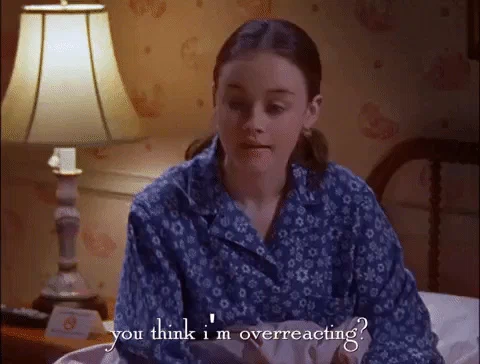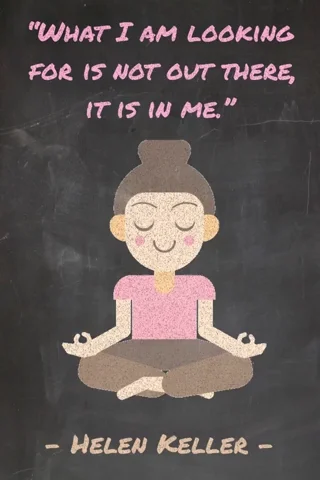Think back to a time when you were sharing a personal experience. As you spoke, you noticed the attention wandering — those eyes drifting away and half-hearted nods. Then, the conversation took a turn with dismissive comments cutting through.
"Weren't we overreacting a bit back there?"
"You're just blowing things out of proportion."
"We’ve all been through it. You need to get over it."
That sinking feeling in your stomach is the sting of your experience being invalidated.

If you're second-guessing yourself right now, don't be. Your thoughts, emotions, and experiences are 100% true to embrace.
Check out these three simple steps and get your feelings out there, just the way they deserve to be heard.
Be YOU!
The BIU (pronounced as Be-You) approach starts with breathing practice, followed by using an "I statement", and moves forward withbuilding understanding.

Let's take a quick look at how it works:
When faced with verbal or emotional invalidation, it's common to experience a fight-flight-or-freeze reaction. Taking a deep breath allows you a moment to stay calm and structure a response.
Using an "I statement" helps convey how the dismissive comments blocked you from expressing your feelings. Without placing blame, this redirects the focus to your responsive emotions.
It sets a communication boundary when you let people know your expectations. This way, you can feel safe sharing without being interrupted or receiving undesired advice.
1. Take a deep breath
Understand that you have all the right to feel frustrated when others fail to acknowledge your experiences. However, nothing positive would come out of an impulsive clapback. Instead, practice box breathing to set yourself up for a constructive interaction:
Take a deep breath: Gently inhale through your nose for a count of four, allowing the air to fill your lungs fully.
Hold your breath: Keep the air inside for another count of four, without clamping your mouth or nose shut.
Exhale slowly: Release the breath through your mouth over four seconds, letting tension flow out with it.
Watch the video below for a demonstration:
2. Use an "I statement"
This approach invites you to articulate your emotions and the specific actions that led to those feelings, fostering a clear and constructive dialogue.
Express how you feel by following this simple yet powerful formula:
I feel [your frustration] when [their dismissive response].

Instead of:
You're not listening.
You don't understand.
Forget about it.

Try saying:
I feel sad when you don't understand my frustrations. They're important to me.
I feel lonely when people don't hear me.
I felt confused when I was interrupted. I found it hard to express myself fully.

Through practice, it is quite natural to personalize the expression, making it flow better and genuinely reflect your mood with the added context.
Example:
"It really gets to me when people aren't making the effort to get where I'm coming from. It's like they've already made up their minds about my thoughts."
"I get frustrated when people jump into the solution mode. I just want them to listen."
"When I'm halfway through sharing, they just talk over me. It's as if I am invisible."
3. Build understanding
Tell them that what you really need right now is a listener instead of a commenter or a solution.
Include these points:
What feelings you're having
Where those feelings come from
What you need them to do or not to do
Check out this example:
If the people are not ready to hear you, exit the conversation. You can always come back to it when they let you know they're ready.

Karen works at a retail store. She was scheduled to work on Christmas Eve, even though she applied for a day off. While she's expressing her frustration about the scheduling, her partner cuts her off, saying, "It is what it is. Someone has to hold the floor for the holiday."
What is the best response?
A. "Can you just stop and listen to me for once? I'll let you know if I'm asking for your opinion."
B. "I feel isolated when you comment before I finish. I need you to listen and stay with me."
C. "I'm not done yet. I never cut you off when you talk, so please just hear me out."
D. "I got irritated when the manager turned down my application. I told her I needed this for my family responsibilities."
Quiz
Select the most effective response for Karen:
Take Action

Strengthen your self-validation:
Your feedback matters to us.
This Byte helped me better understand the topic.
